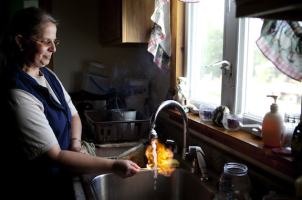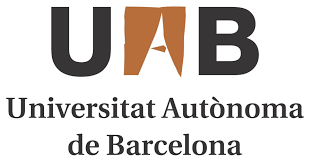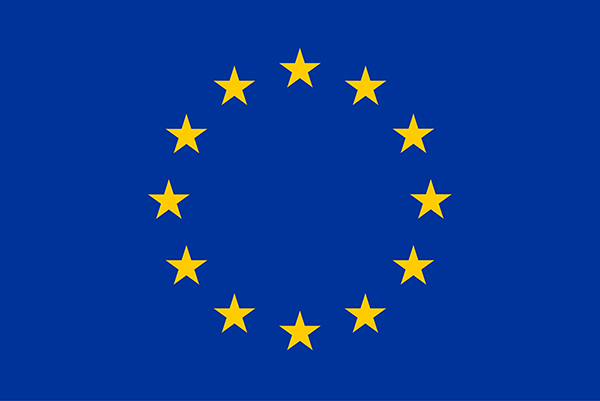
By Amaranta Herrero
Fracking, or hydraulic fracture is a technique to extract shale gas in which rock is fractured by drilling a well and injecting a pressurized toxic liquid made of water mixed with sand and hundreds of chemicals. The rapid spread of this shale gas extraction technique has temporarily increased US natural gas and oil production. The fossil fuel industry is trying to sell it as the ‘shale gas revolution’, the biggest energy development of the century. Even outside observers, such as Lord Robert Skidelsky, a strongly Keynesian economist, believe that we can get out of the recession by deficit spending (increasing the public debt) and hope then for a “new upsurge of investment (that) will come to our rescue. Optimists point to the shale-energy revolution in the US.”. He is himself one of such optimists (The Guardian, Dec. 18, 2013).
Fracking is advertised as a way to gain energy independence and benefit local economies. The development of fracking, however, has triggered massive environmental resistance in communities across the world. There is more and more proof about the impacts of fracking on the contamination of surface water and groundwater, the provocation of seismic activity or the disposal of toxic drilling fluids produced from the wells which largely overshadow the financial benefits for local communities.
On 23rd January 2014, the European Commission was due to announce a package of measures to regulate unconventional fuels. A strong directive about fracking was expected, following the reports commissioned by EU institutions. However, the EC refused to establish a common legally binding fracking regulation and limited itself to make some non-binding recommendations. So basically, it is now a matter to be decided by the Member States. Some countries have banned it, like France or Bulgaria. Other governments, like the UK, are enthusiastically promoting this technique but are facing steadily decreasing public support and increasing social contestation from local communities.
The Spanish government is also keen on fracking. There are many petitions for exploration licenses across the country. But here as well, the opposition from local communities, environmental organisations, town councils and regions is strong and rising. On 30th January, fracking was officially banned in Catalonia. Until now, the Catalan regional government had been refusing one by one all licence petitions to use fracking but had not made any change in the Catalan legislation. Now the ban has been included as a modification of the Law on Urban Planning. The main explicit reasons for the ban are not environmental or social, though, but purely economic. According to the reports commissioned by the center-right Catalan government, extracting unconventional gas using fracking is not very profitable and would only provide about eight months of gas consumption for the region. On top of this, there is a political cost in pushing forward and clashing with the opposition from the anti-fracking platforms or the affected municipalities.
Thus, Catalonia becomes the fourth Spanish region to ban fracking. Cantabria already banned it on 8 April 2013 and La Rioja and Navarra did the same some months later. In Cantabria, the ban was the result of a bottom-up campaign, which spread opposition against fracking like wildfire through the entire region. In 2011, several environmental organizations, other social movements and many concerned individuals, articulated through the Group Against Hydraulic Fracture in Cantabria, started a very effective decentralized campaign in which workshops were held in every single town explaining the potential environmental risks and the social implications of this new technology. Soon, many towns joined the campaign and declared themselves ‘fracking-free towns. Demonstrations, petitions and other educational activities were organized to express the opposition to this new shale gas fever plans, and eventually the social pressure forced the Cantabrian law to change.
Although the Spanish government has announced that it will appeal the fracking regional bans before the Constitutional Court and aims to suspend the Cantabrian regional ban as a precautionary measure, public opposition to fracking is rapidly spreading. Throughout Spain more than 400 towns have declared themselves ‘fracking-free towns. In Basque Country, where fracking has not been deliberately banned from protected areas, there is also strong opposition holding the motto: “leave the gas under the grass”. Also, in Asturias and Burgos several fracking companies have already given up due to opposition and public pressure.





Pingback: Gaz de schiste : la Catalogne interdit à son tour la fracturation hydraulique – Basta ! | Enjeux énergies
Pingback: Gaz de schiste : la Catalogne interdit à son tour la fracturation hydraulique | Gaz de Schiste Provence
Pingback: Espagne : Gaz de schiste, la Catalogne interdit à son tour la fracturation hydraulique :o) | Quartier Didot - Porte de Vanves